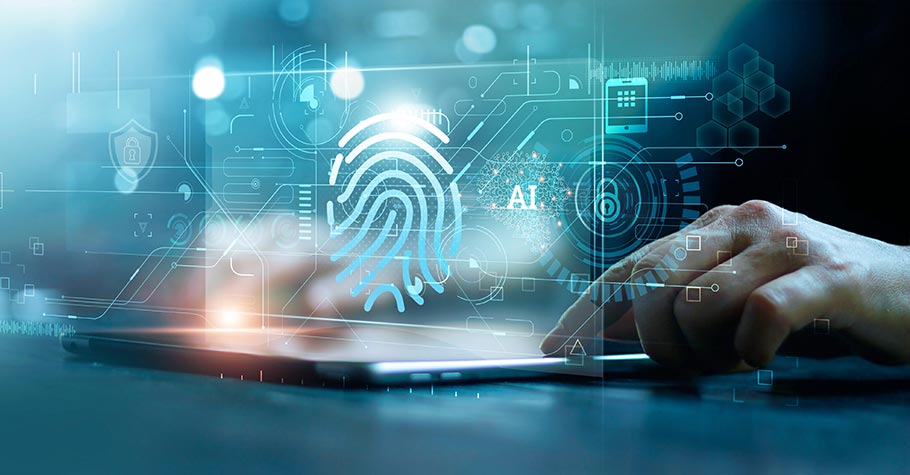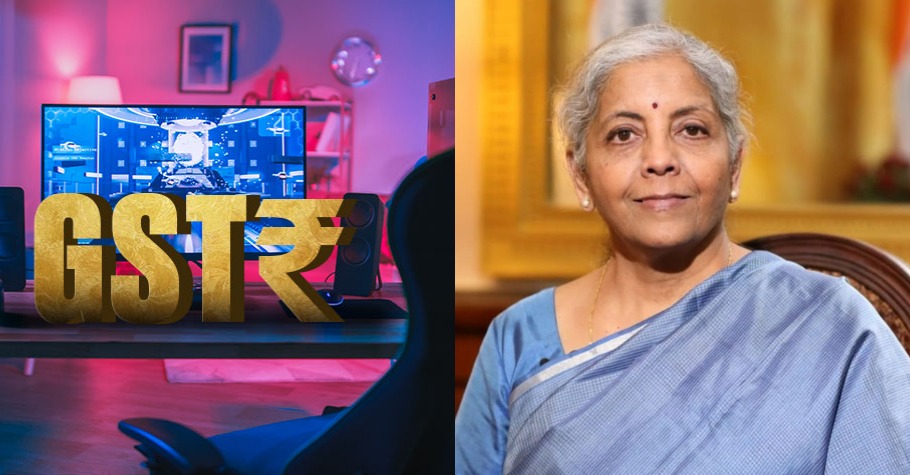 Gaming
Gaming
Are We Ready For A Password-Free Future?
The digital age has ushered in countless advancements, fundamentally altering the way we interact with technology. From online banking to social media, our reliance on digital platforms has grown exponentially, leading to a corresponding rise in concerns about security and privacy. In this evolving landscape, companies like pin up casino online have emerged, offering secure and engaging digital experiences that require users to navigate a complex web of passwords. This traditional security measure, while effective to some extent, is increasingly seen as cumbersome and vulnerable to breaches. As we stand on the cusp of a password-free future, the question arises: are we truly ready to embrace this new reality?
The case against passwords
Passwords have long been the cornerstone of digital security, but their efficacy is increasingly questioned. The primary issues with them include their susceptibility to being easily guessed, the necessity for users to remember complex combinations, and the risks associated with reusing passwords across multiple platforms. Furthermore, many users fall into common pitfalls such as:
- Using weak passwords like “123456” or “password”.
- Relying on the same password for different accounts.
- Failing to update them regularly.
- Storing them insecurely, like writing them down.
- Ignoring two-factor authentication.
These practices not only make accounts vulnerable to hackers but also create a significant burden on users who must juggle multiple passwords for various services. This growing frustration has fuelled the search for more secure and user-friendly alternatives.
Emerging technologies for a password-free world
The concept of a password-free future is no longer a distant dream but an imminent reality, thanks to emerging technologies. Bio-metrics, for instance, are becoming increasingly popular as a secure alternative to traditional passwords. Methods like fingerprint scanning, facial recognition, and voice authentication are being integrated into smartphones, laptops, and other devices, offering a seamless way to access digital content. Several factors are driving the adoption of new technologies:
- Improved security. Bio-metric data is unique to each individual, making it significantly harder for hackers to compromise.
- User convenience. Password-free methods eliminate the need to remember and manage multiple passwords.
- Technological advancements. Innovations in artificial intelligence and machine learning are enhancing the accuracy and reliability of bio-metric systems.
- Regulatory support. Governments and organisations are increasingly endorsing password-free solutions as a way to bolster cyber-security.
- Consumer demand. As awareness of digital security risks grows, users are more willing to adopt new technologies that offer greater protection.
These advancements signal a shift towards a more secure and convenient digital experience, where passwords may soon become obsolete.
ALSO READ: Indian Gaming Reacts to Prime Minister Narendra Modi’s Clarion Call
Challenges to a password-free future
While the benefits of such a future are clear, several challenges must be addressed before widespread adoption can occur. One significant hurdle is the issue of privacy. Bio-metric data, once compromised, cannot be changed like a password. If a hacker gains access to your fingerprint or facial recognition data, the consequences could be far-reaching and irreversible.
Another concern is the potential for technological failure. Although bio-metrics are generally reliable, they are not infallible. Fingerprint scanners can malfunction, facial recognition can be fooled by high-quality images, and voice authentication may struggle in noisy environments. These limitations raise questions about the viability of relying solely on bio-metric methods for security.
Potential solutions to overcome obstacles
Addressing these challenges requires a multi-faceted approach. First, privacy concerns must be tackled by developing advanced encryption methods that protect bio-metric data from being exploited. Companies and developers should focus on creating secure environments where bio-metric information is stored in a way that even if compromised, it cannot be easily used by malicious actors.
Second, ensuring the reliability of bio-metric systems is crucial. This can be achieved through continued investment in research and development, aimed at enhancing the accuracy and durability of these technologies. Robust backup systems, such as multi-factor authentication that combines bio-metrics with traditional methods, can also provide a safety net in case of technological failures.
Third, closing the digital divide is essential for the successful implementation of a password-free future. Governments and tech companies need to collaborate to make these technologies more accessible to everyone, regardless of geographic or economic barriers. This could include initiatives like subsidising the cost of bio-metric enabled devices or offering educational programs to raise awareness about the importance of digital security.
The road ahead
The transition to a password-free future is not without its challenges, but the potential benefits are too significant to ignore. As technology continues to advance, we are likely to see a gradual shift away from traditional methods towards more secure, user-friendly alternatives. This shift will require careful consideration of privacy concerns, technological reliability, and accessibility to ensure that the new systems are both effective and inclusive.
In conclusion, the era of passwords may soon be behind us, but the journey towards a future without them will be a complex one. It is crucial that we approach this transition with caution, ensuring that the new technologies we adopt are secure, reliable, and accessible to all. As the digital landscape evolves, so too must our approaches to security, paving the way for a safer and more convenient online experience for everyone.
For more such articles and updates, keep reading GutshotMagazine.com. Follow us on Facebook, Instagram, Twitter and Telegram 

Gutshot Magazine is India’s leading real money gaming magazine that covers news, updates, previews, highlights, features and much more across verticals like poker, rummy, and fantasy sports. Our rich history that has spanned over a decade now, Gutshot Magazine has always tied up with events and tournaments that have helped push the awareness of skill gaming in the country. If you are looking for the latest updates across real money gaming, then you have arrived at the perfect destination.
More News
Top 15 Poker Rooms
-
Natural8 India
Sign-up with Gutshot
Offer: Get extra 28% on all deposits Register -
Spartan Poker
Grab Welcome Bonus
Offer: FTD 50% Bonus Money up to ₹20K. Deposit code ‘ALLIN50’ Register -
Junglee Poker
Sign-up and get bonus
Offer: Up to ₹50,000* Register -
PokerDangal
Deposit with code GSTDISCOUNT
Offer: Get 100% GST discount on deposits Register -
BatBall11 Poker
Sign-up with code GUTSHOT
Offer: Get ₹50 FREE Register -
CristalPoker
First Deposit Bonus
Offer: 100% up to €2,000 Register -
TripsyPoker
Sign-up with Gutshot
Offer: Get 30% Instant Rakeback Register -
Stake Poker
Welcome bonus
Offer: 200% up to ₹120,000 Register
Newsletter
Thank you for subscribing to our newsletter.
This will close in 20 seconds
























